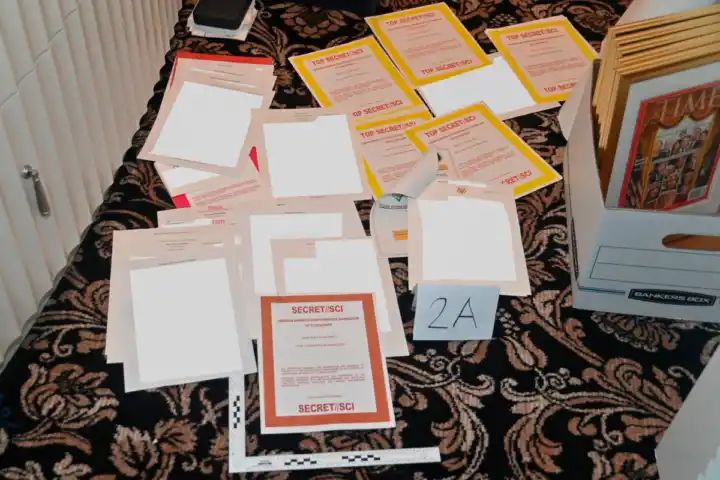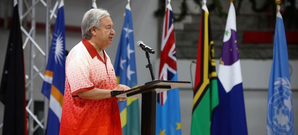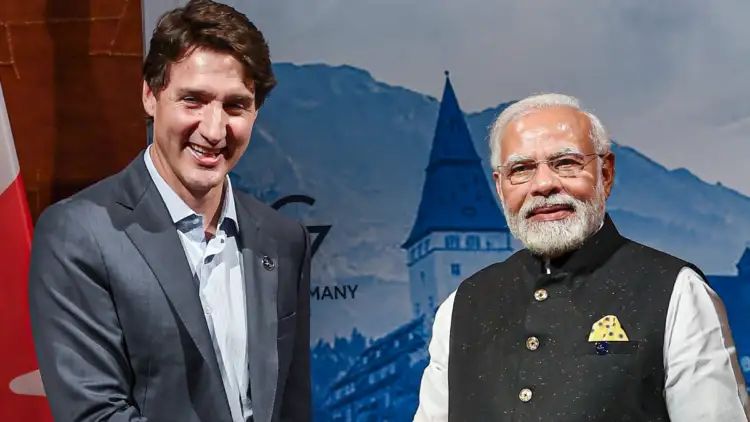Trump keeps citing the Presidential Records Act in his Mar-a-Lago defence: What does it say?

Donald Trump keeps pointing to the Presidential Records Act (PRA) to argue that he has done nothing wrong in the classified documents case, but what does the legislation say?
The former president attended a court hearing in Fort Pierce, Florida on Thursday. His legal team argued that the judge, Trump-appointed Aileen Cannon, should throw out the charges against Mr Trump for allegedly mishandling classified documents.
Judge Cannon on the US District Court heard arguments regarding the notion that the Presidential Records Act protects Mr Trump from prosecution.
While Mr Trump’s attorneys argue that the law is too vague on national defence information, experts say that Mr Trump has misinterpreted the law, which he has made to argument against his prosecution.
on Thursday that the motions from the Trump team are “barely better than frivolous”.
“Trump insists he designated the documents as personal records under the PRA so his possession of them was authorised and he can’t be prosecuted for it. But he’s never been able to explain how the PRA trumps laws about handling classified and national defence [information]. It doesn’t,” she argued. “Even if, by some stretch of the imagination, a president can hang onto classified information by claiming its personal records, Trump’s still obstructed justice according to multiple first-hand witnesses.”
In 2022, the FBI conducted a raid on Mar-a-Lago, finding more than 100 classified documents that had not been handed back to the government despite several requests and subpoenas being issued.
Put in place after Watergate
The Presidential Records Act was put in place in 1978, four years after the resignation of Richard Nixon following the Watergate scandal. The legislation was a reaction to Mr Nixon’s attempt to destroy recordings done in the White House, The Washington Post noted.
The legislation states that presidential records, such as recordings, belong to the American people and that they must be handed over to the National Archives and Records Administration (Nara) at the end of each presidency.
The PRA also applies to vice presidential documents and records, as well as classified information, which is also governed by other legislation. But before Mr Nixon, presidential records had been seen as private property.
The PRA defines presidential records as materials given to the president or his staff intended to “advise or assist the president, in the course of conducting activities which relate to or have an effect upon the carrying out of the constitutional, statutory, or other official or ceremonial duties of the president”.
An ‘absurd’ legal theory
Appearing on Face the Nation on CBS in June last year, Mr Trump’s former Attorney General Bill Barr said he believes Mr Trump lied to the Justice Department in the classified documents case. He added that Mr Trump has “absolutely” mischaracterised the law.
“The legal theory by which he gets to take battle plans and sensitive national security information as his personal papers is absurd. It’s just as wacky as the legal doctrine they came up with for having the vice president unilaterally determine who won the election,” Mr Barr said last summer. “The whole purpose of the … Presidential Records Act is to stop presidents from taking official documents out of the White House – it was passed after Watergate. That’s the whole purpose of it.”
“Therefore it restricted what a president can take,” he said at the time, adding that the act states that the president can take materials that are “purely private” and which have “nothing to do with the deliberations of government policy. Obviously, these documents are not purely private”.
“It’s obvious and they’re not even now arguing that it’s purely private. What they’re saying is the president just has sweeping discretion to say they are even though they squarely don’t fall within the definition. It’s an absurd argument,” he said.
In a filing on 22 February, Mr Trump’s legal team argued that “the PRA conferred unreviewable discretion on President Trump to designate the records at issue as personal. As such, President Trump’s possession of those records was not ‘unauthorized’ as alleged”.
Meanwhile, prosecutors wrote in a filing on the same day last month that “Nothing in the PRA leaves it to a President to make unilateral, unreviewable, and perpetually binding decisions to remove presidential records from the White House in a manner that thwarts the operation of the PRA – a statute designed to ensure that presidential records are the property of the United States and that they are preserved for the people”.
Manhattan DA seeks last-minute delay of Trump’s hush money trial
Bill Maher offers Trump advice for how to pay his legal bills: OnlyFans
Trump repeats claim that Hillary Clinton used acid to delete emails
Trump tied to firm that paid FBI’s Biden informant, says report
Kamala Harris blasts abortion bans during historic abortion clinic visit
Former Trump Treasury Secretary says he’s putting together group to buy TikTok





